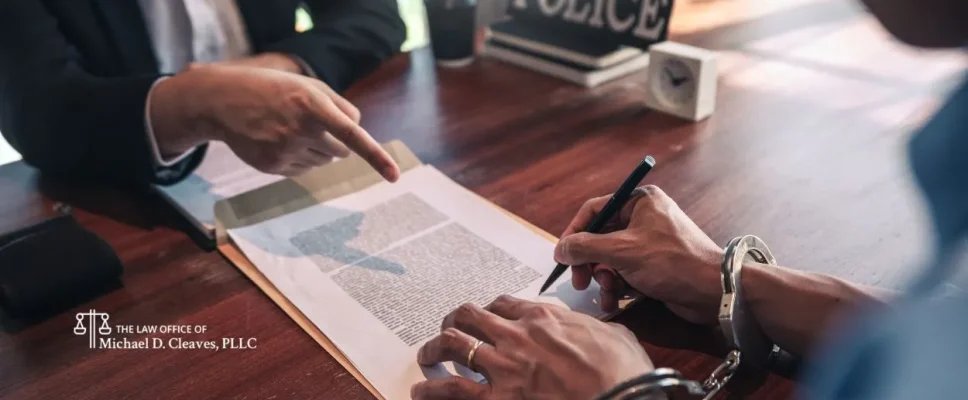The Causes of False Confessions

The Causes of False Confessions
If an individual in North Carolina has been accused of committing a crime, it is difficult to believe that they may make a false confession. The truth is that false confessions are more common than most realize, and it is important to recognize the reasons that those accused of a crime may say they did something they did not do.
According to the Innocence Project, the causes of false confessions often stem from people perceiving a threat during interrogation by law enforcement officials. Rather than face the threat, they admit they did something to get out of the situation. If there is a perceived or real intimidation threat by law enforcement, it may force the person to make a false confession.
The Journal of the American Academy of Psychiatry and Law says another reason for false confessions is when police decide a person is guilty whether they have proved it or not. At that point, all questions and interrogations are tainted by the idea that person is guilty rather than innocent until proof is found.
Some falsely confess because their reasoning ability has been compromised. This can be because of hunger, stress, substance use, exhaustion, limited education and mental limitations. Those who have not been informed of their rights or who are vulnerable to those in positions of authority are particularly at risk for being influenced to falsely confess.
There are times where interrogation techniques are used to coerce a false confession. Officials may make untrue statements about evidence that does not exist to get someone to confess to a crime that they did not commit. Many still are afraid that if they do not confess, they will face a harsher punishment.
Get In Touch With Us
Fields Marked With An “*” Are Required
© 2025 The Law Office of Michael D. Cleaves, PLLC • All rights reserved.


